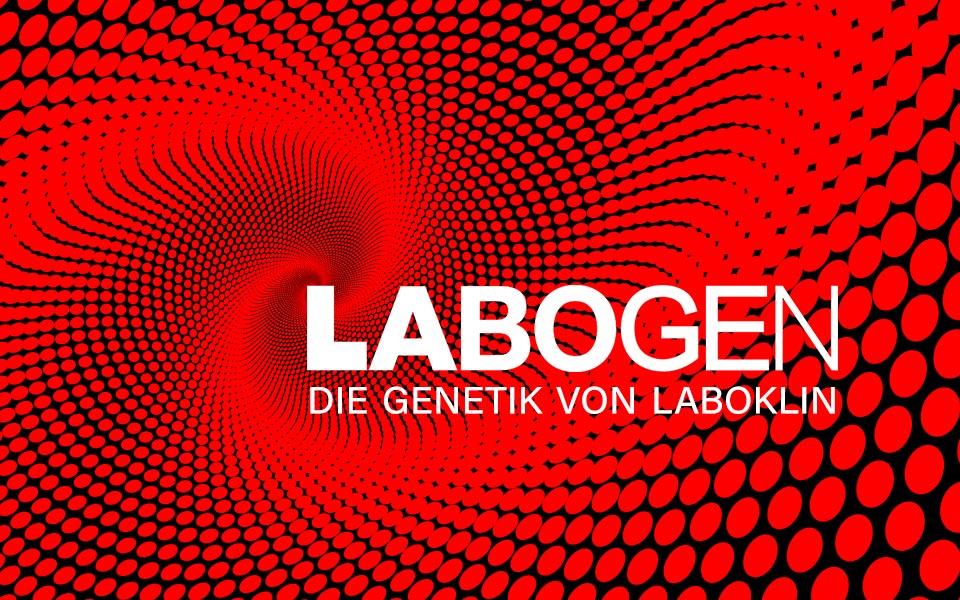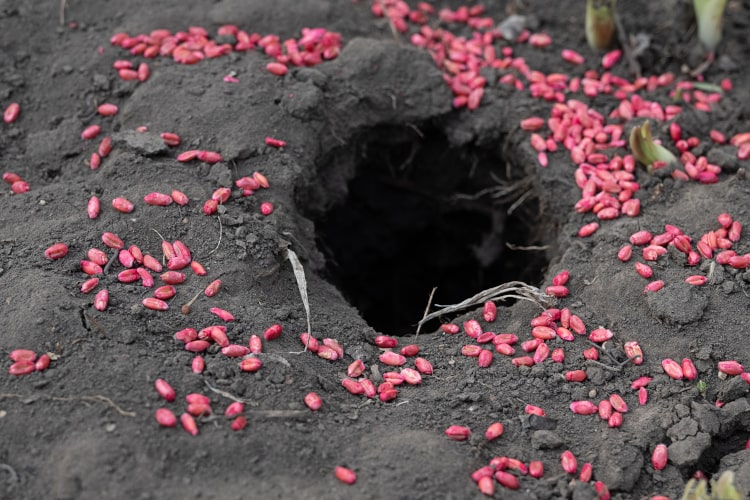Coumarin activity for suspected rat poison ingestion
Rodenticides (e.g. rat poisons), which are ingested either directly or by eating poisoned rodents, are repeatedly the cause of life-threatening poisoning in dogs and cats. Mouse and rat poisons are increasingly being used again, especially now in the fall, which increases the risk of pets coming into contact with these substances.
The classic “rat poison” is often coumarin and/or coumarin derivatives. These toxins are vitamin K antagonists and block the vitamin K1 circulation. Vitamin K1 is required for the formation of active coagulation factors in the liver. The inactive form of vitamin K1 is known as vitamin K1 epoxide. Vitamin K antagonists such as coumarin inhibit the regeneration of Vit-K1 epoxide to Vit-K1 in the liver. This results in severe coagulation disorders with bleeding in body cavities such as the abdomen and chest. If coumarin poisoning is suspected, vitamin K must be administered to the affected animal.
By detecting the increase in vitamin K1 epoxide in the serum, the activity of coumarins in the liver can be indirectly determined – even if vitamin K has already been administered.
The test enables both the detection of intoxication and the possibility of monitoring therapy to see whether the toxin is already being broken down and the administration of vitamin K can be reduced or stopped.
If you have any questions, please contact your veterinary practice or veterinary clinic – they will be happy to help you.






